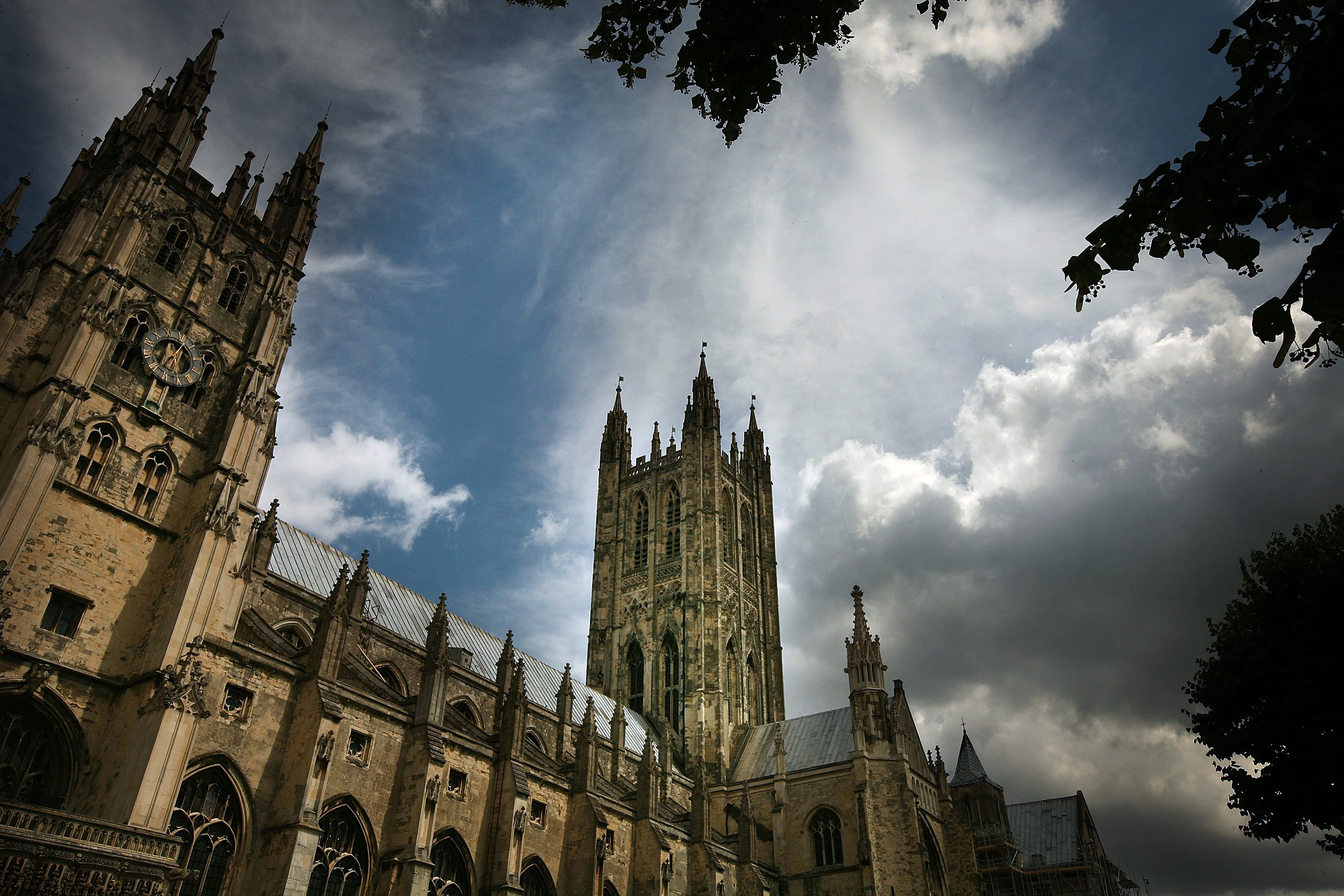 Is the debate about faith schools becoming more constructive and intelligent? The reason for hoping so is the launch of a new campaigning group called Accord which calls for major reform of the system, but in a relatively nuanced way. It is composed of more than the usual atheist suspects, who think that anything religious is intrinsically demonic. Its chairperson is Rabbi Jonathan Romain, and there are a few Anglican vicars on board. The core aim is not to ban faith schools but to make them open to all locals; to end selection on the basis of parental religious allegiance. It is good to hear from believers who don’t toe the line, who dare to question whether the institutions are serving the common good.
Is the debate about faith schools becoming more constructive and intelligent? The reason for hoping so is the launch of a new campaigning group called Accord which calls for major reform of the system, but in a relatively nuanced way. It is composed of more than the usual atheist suspects, who think that anything religious is intrinsically demonic. Its chairperson is Rabbi Jonathan Romain, and there are a few Anglican vicars on board. The core aim is not to ban faith schools but to make them open to all locals; to end selection on the basis of parental religious allegiance. It is good to hear from believers who don’t toe the line, who dare to question whether the institutions are serving the common good.
I think this lobby has the right idea. ‘But faith schools would lose their distinctive character overnight’, you might say, ‘they’d be effectively banned’. But this isn’t obvious: look at the public schools, which are faith foundations, but don’t tend to impose religious tests for applicants. They retain a religious dimension, and keep creationism off the syllabus. But my agreement with Accord isn’t absolute: I think faith schools should have the right to employ who they want.
The debate about faith schools is amazingly complicated. Not only is it about the famously tricky question of whether the state should fund religious education; it’s also about something else entirely, which is equally tricky. It’s also about covert selection within a failing state system, and the hypocrisy of middle-class post-Christian parents. This, for me, is the emotive heart of the matter. There’s something pretty offensive about ardent atheists changing their tune once little Charlie and Lola turn three. And don’t tell me this is a media myth – I have plenty of ex-friends who have done this. The cynicism smells pretty bad. It is insulting to those of us who think religion is absolutely important, not something to toy around with in order to get ahead. These pushy parents are effectively saying that ‘doing the best for your kids’ is more important than questions of religious truth, and personal integrity. Yuk. I have met people who seemed very nice, and then they sheepishly admit to cynical church attendance, and to me it’s as if they’ve admitted to being swingers – my respect for them suddenly dies on the kitchen floor.
And the cynicism of the Church of England is just as bad. Instead of questioning its part in this covert selection process, it thanks God that its schools are getting parents to church, at a time of declining congregations. It is all too pleased to have found a way in which the local church can remain important – the vicar is someone worth knowing again! This issue more than any other has put me off Anglicanism. (By the way, I admit that there is a danger of spiritual pride here, in my assumption that churchgoing Anglican parents of young children are dodgy frauds.)
So my position on faith schools boils down to this. If you’re ready to fake religious allegiance for turbo-bourgeois reasons, you can’t be my friend.








Comments